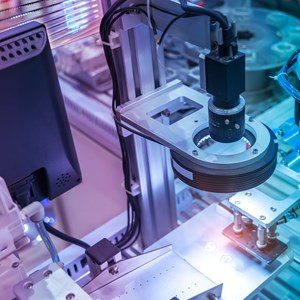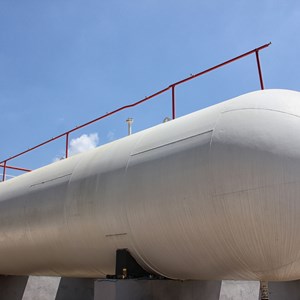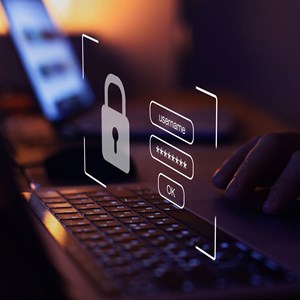NEWS

To ensure steady high levels of safety for industrial machinery, it is key to keep relevant safety standards constantly updated, taking into account recent developments in technology. For this reason, in a welcome development in the field of machinery safety, CEN Technical Committee 114 'Safety of machinery', just published an updated version of EN ISO 13849-1:2023 'Safety of machinery - Safety-related parts of control systems - Part 1: General principles for design (ISO 13849-1:2023)'.

Every day, there is an intense circulation of road and rail vehicles transporting various sensitive goods: fresh fruits, meats, flowers, vaccines, organs, medical devices, or chemicals. To be safely transported and ensure they keep their properties, these goods need to be kept at a constant controlled temperature in appropriate vehicles equipped with the necessary equipment.

The hyperloop is a new technology being developed by several companies all around the world. An innovative means of transport for large volumes of passengers and cargo, it is based on new or emerging technologies, such as low-pressure environment or magnetic levitation, that allow it to travel at very high speeds and protected from bad weather or other negative external conditions.

Through the introduction of new technologies and connectivity, Industry 4.0 projects allow manufacturers to increase the efficiency and quality of their processes. Now, a new CEN and CENELEC Workshop Agreement will provide the basis for the establishment of a European federated smart factory ecosystem that will facilitate the exchange of innovation and information across a wide array of stakeholders around Europe.

The transport of dangerous goods (TDG) is a field where the precision of control, measurement and event data of electronic equipment is crucial. To ensure the necessary level of precision, high-level standards are fundamental. Therefore, new EN 15969-1:2022 ‘Tanks for transport of dangerous goods - Digital interface for the data transfer between tank vehicle and with stationary facilities - Part 1: Protocol specification - Control, measurement and event data’, which addresses this need, is a welcome addition to CEN’s portfolio.

Climate change is one of today’s most urgent challenges and requires collective action. To achieve this aim, air travel is among the priority sectors to target: while its social and economic benefits are undeniable, aviation accounts for 2-3% of global CO2 emissions annually.

Gas turbines are a fundamental tool to ensure the steady supply of energy: at the heart of power plants, they act as an engine that turns natural gas into mechanical energy. In turn, this energy generates the electricity that moves along power lines to our homes and businesses.

The Covid-19 pandemic made the need for shared rules on community face coverings particularly urgent. In response, CEN, the European Committee for Standardization, developed in record time an initial deliverable that could provide the necessary guidelines: CEN Workshop Agreement 17553:2020 ‘Community face coverings - Guide to minimum requirements, methods of testing and use’. Although a Workshop Agreement (also known as CWA) does not count as an official standard, as it involves no obligation at the national level, thanks to its simplified format it can be produced and disseminated very quickly, and therefore it can help fill urgent needs.

The current energy crisis due to the Russian invasion of Ukraine has seriously impacted Europe’s traditional energy supply, with important consequences for its economy. In response, the continent is striving to find solutions to diversify its energy mix and increase its ‘strategic autonomy’.

On 21 October 2022, CEN and CENELEC published new standard on cybersecurity: EN 17640 ‘Fixed-time cybersecurity evaluation methodology for ICT products’ (FiT CEM).